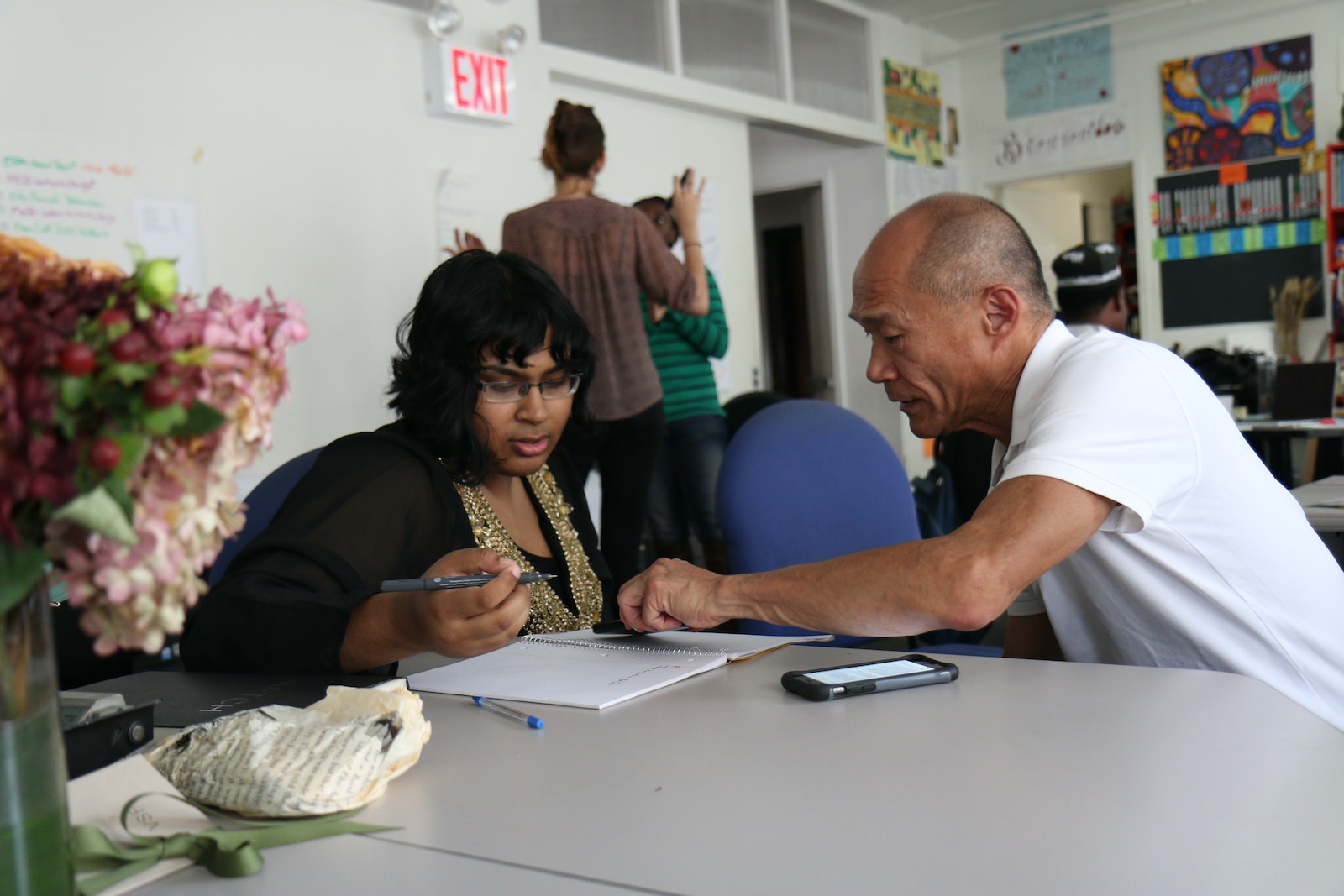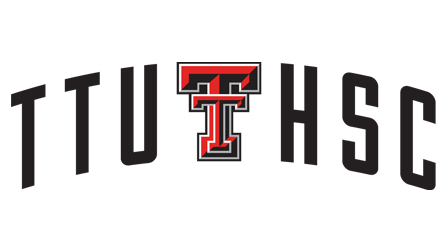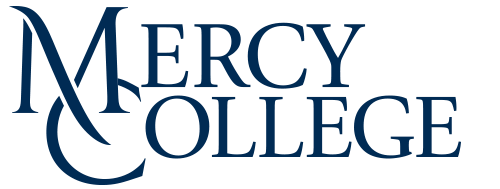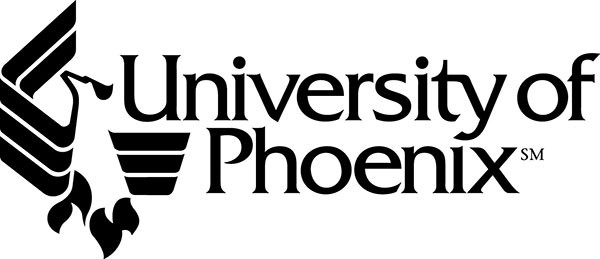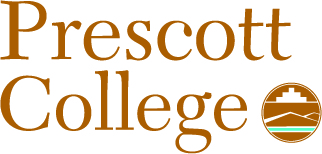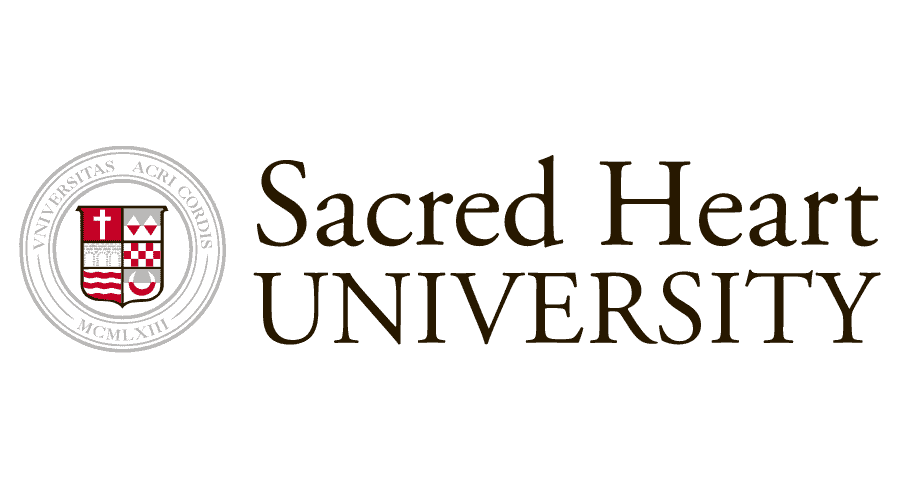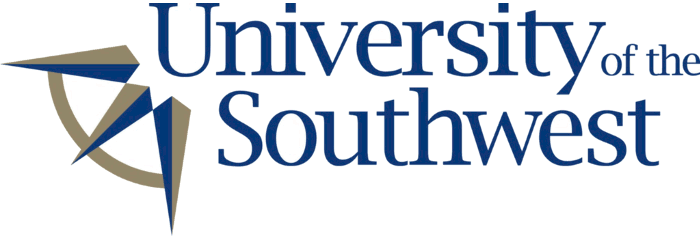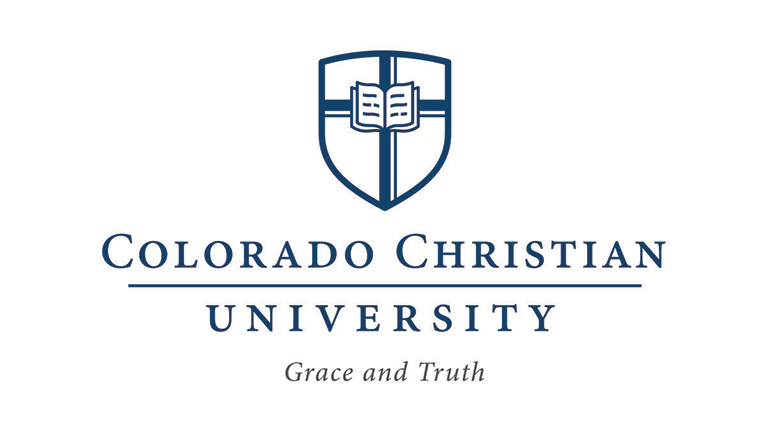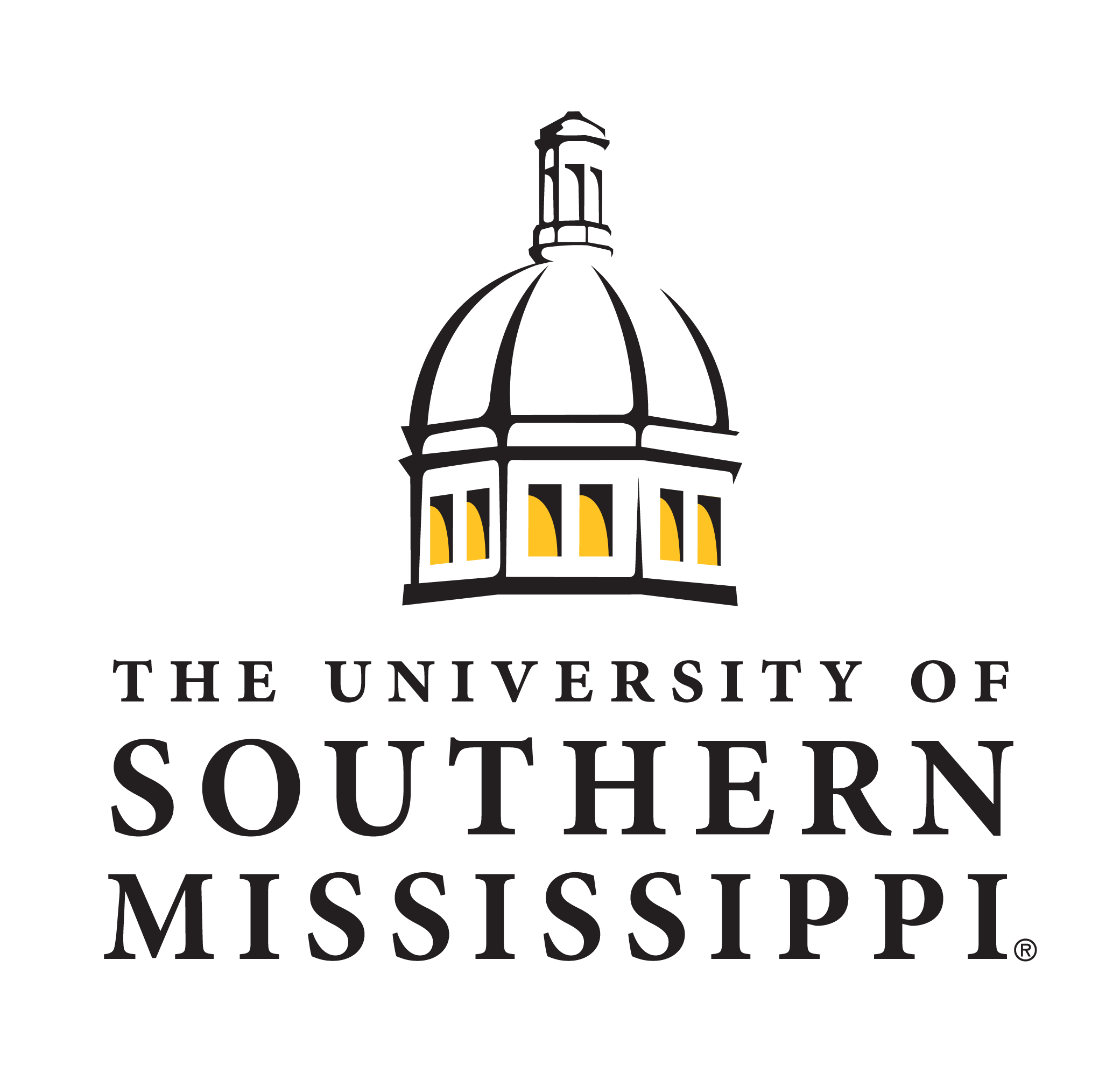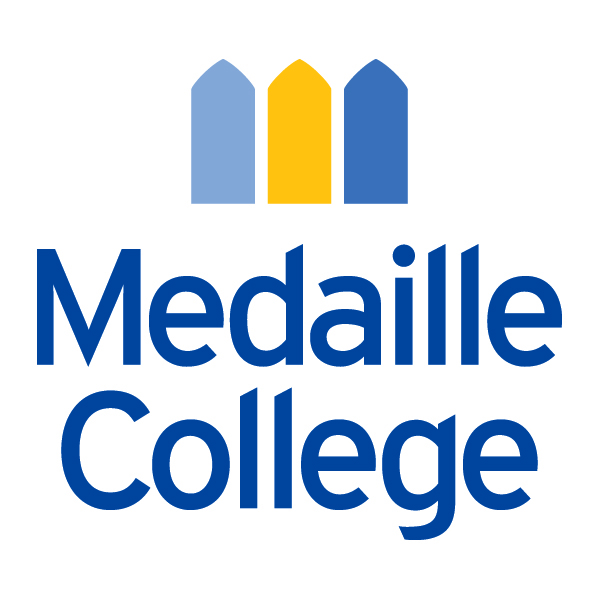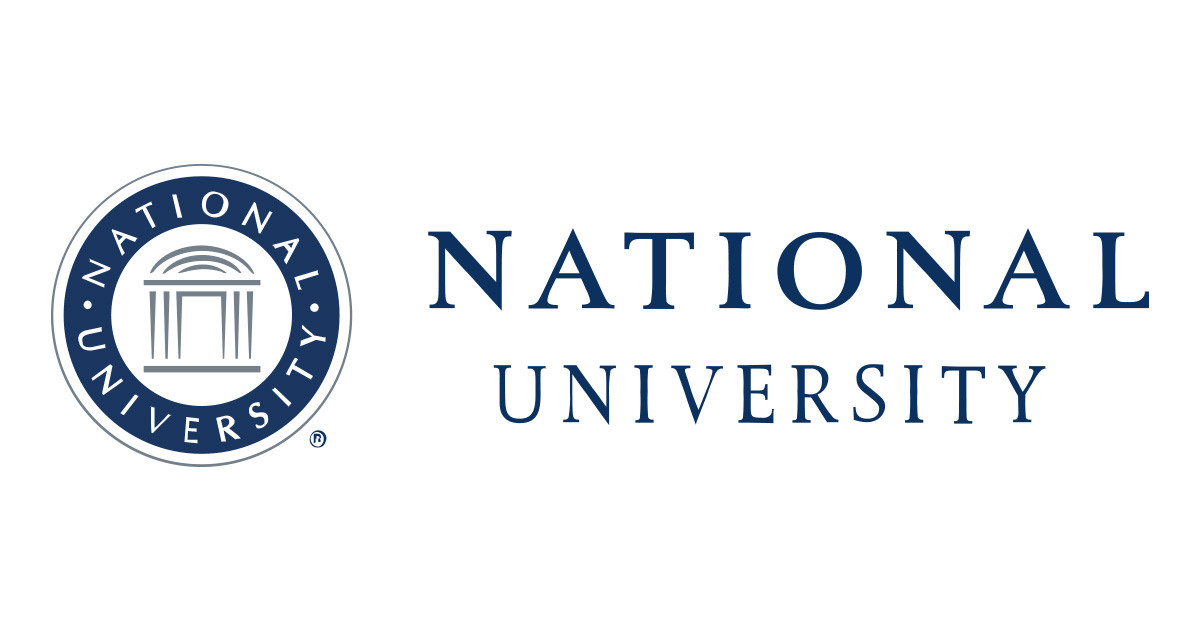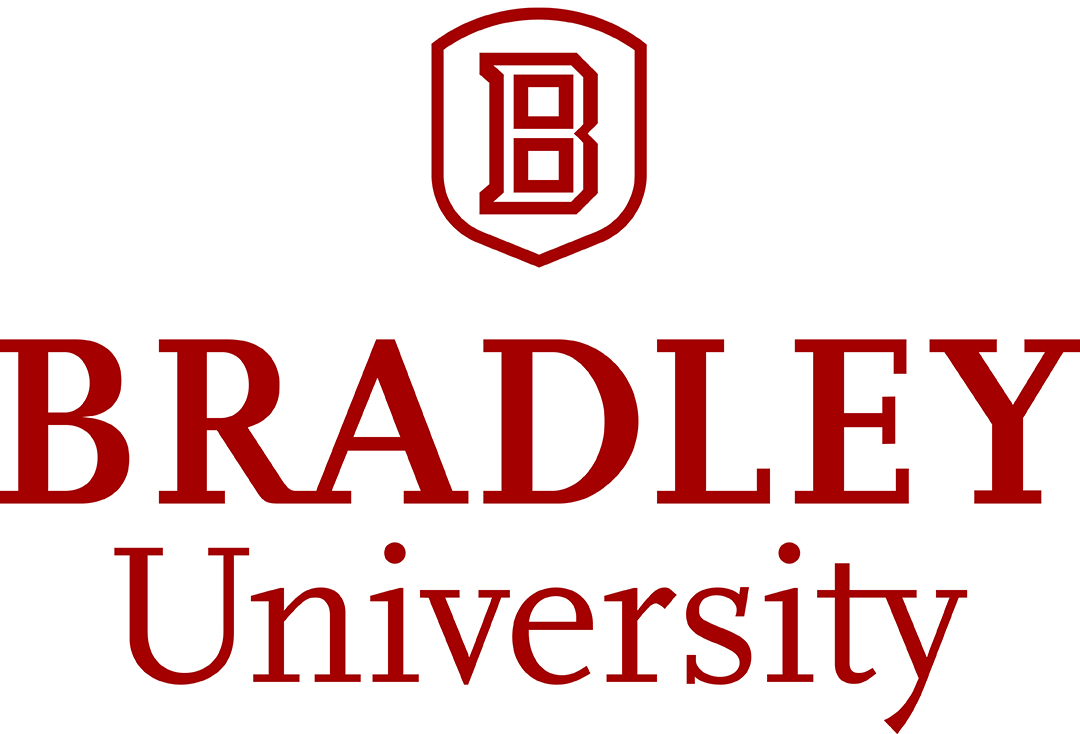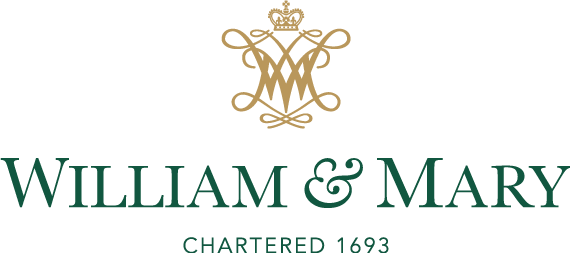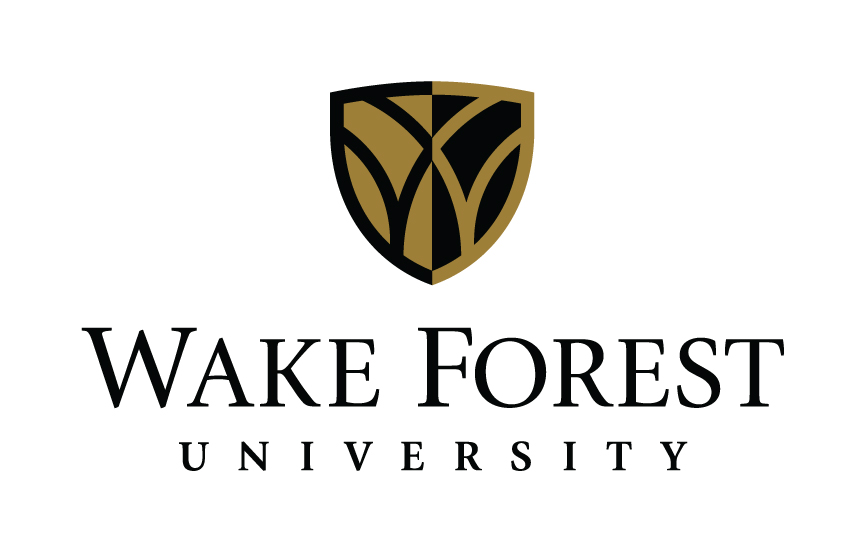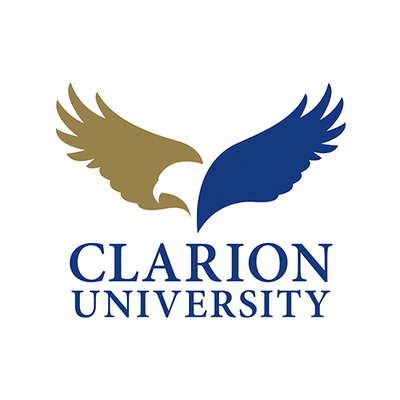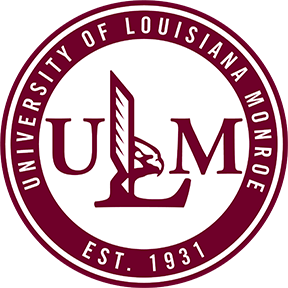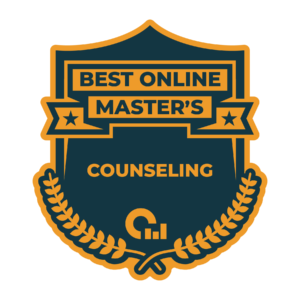 Perhaps you’re interested in helping people struggling with social, behavioral or psychological issues and want to facilitate the process of overcoming those obstacles. Or maybe you want to provide career guidance for students in academic institutions. Clinical mental health counselors and school counselors are instrumental in working with people to give career options, develop preventative, interventional, as well as rehabilitative options that empower change and direction.
Perhaps you’re interested in helping people struggling with social, behavioral or psychological issues and want to facilitate the process of overcoming those obstacles. Or maybe you want to provide career guidance for students in academic institutions. Clinical mental health counselors and school counselors are instrumental in working with people to give career options, develop preventative, interventional, as well as rehabilitative options that empower change and direction.
A solid career in the mental health industry starts with training that focuses on an awareness of social and cultural trends that impact our daily lives. Then, students will learn skills that help them serve diverse populations with a variety of ethnic, cultural, and socioeconomic backgrounds.
What is an Online Master’s in Counseling?
Earning a master’s degree in counseling, broadens career options for mental health professionals, allowing graduates to specialize or advance in a number of career fields. Typically, counseling programs are categorized into clinical mental health counseling and school counseling, but some institutions will also combine the two focuses into a single option that requires additional credit hours to complete. Most programs require at least one internship for practical experience and academic practicums to gain real-world experience and preparation for professional certifications and/or licensure.
How Much Can You Earn With an Online Master’s in Counseling?
With a master’s degree in counseling, graduates can expand their career opportunities to include work as a rehabilitation counselor, a school or career counselor, or a marriage and family therapist. Median salaries for marriage and family therapists, according to the 2019 US Bureau of Labor and Statistics, were about $51,340 annually. Rehabilitation counselors specialize in physical, mental, and developmental disabilities and make about $37,530 annually. School and career counselors make slightly more coming in at about $58,120 annually. While most master’s programs prepare graduates for professional certification exams and licensure, requirements differ according to state regulations.
What Is Required For an Online Master’s in Counseling?
Pursuing an online master’s degree in clinical mental health counseling or school counseling requires a bachelor’s degree in a related field, typically with a GPA of 3.0 or above and appropriate work experience, for application. A predominant feature of the top online master’s in counseling programs is practical, real-world experience opportunities. Those opportunities are built into the degree program through workshops, internships, and practicums. Some programs require graduates to finish with an examination but nearly all programs prepare students to sit for professional state certifications and licensure testing.
What Are the Best Online Master’s in Counseling?
OSR uses six data points: three school-wide and three program-specific. For school-wide, OSR uses Student Satisfaction, Admission Rates, and the number of programs the school offers online. For program specific, OSR checks the Median Debt of graduates from that program, how many degrees are offered within that program’s umbrella department, and what percentage of students at that school graduated from that department.
The six statistics are displayed by each school. The sliding bar under each statistic represents how that school compares to other US institutions. “Not reported” means a school did not release that information to the US Department of Education. A more detailed description of the OSR process can be found on the methodology page.
Should you specialize in school counseling or mental health counseling?
Are you considering adding a master’s degree in counseling to your existing professional expertise? With 19.2% of adults in 2019 receiving mental health treatment according to the CDC and the rise, since 2020, for the need of more mental health professionals, according to CNBC, the need for professionals holding a master’s in counseling continues to increase. In addition, career and academic counseling for high school and college-aged students is at an all-time high, further elevating the need for qualified professionals with counseling master’s credentials. But before pursuing a master’s degree in counseling, you’ll need to consider the specializing options that you must choose between before registering. Some programs offer a combination of both degree focus choices, requiring additional credit hours for completion. However, the single degree in either clinical health counseling or school counseling is the most popular.
A master’s degree in counseling focuses on clinical mental health counseling or school counseling. According to Human Services EDU, mental health counseling “combines traditional psychotherapeutic methods of concrete interventions to promote efficient changes in the client’s life.” School counseling is specifically focused on the academic setting. Careers in Psychology categorizes school counseling as providing “enrolled or prospective students with support, guidance, and follow up with academic stressors as well as with emotional or relationship issues that may develop during the student’s academic career.” Key things to consider when choosing between the two focuses should include the employment environment you hope to work in after graduation, the differences in the academic coursework you’ll complete, and whether you prefer to mentor students or help a more diverse group of patients seeking mental health support.
Why does a master’s in counseling require internship participation?
While traditional theory, modeling and interactive coursework all provide the key foundational instruction for a comprehensive master’s in counseling program, internship experience plays a vital role in preparing graduates for a successful experience in the real world. Much like a practicum, internship experience offers students the opportunity to put the skills and techniques they have learned in class into practice in a real-world environment. It also provides students with a chance to learn how to think on their feet, adjusting their strategies and techniques as the patient, group or situation dictates.
While practicums are geared to student observation, documentation, and then discussion of observations, internships are much more like the real job. Students are not mentored with each experience but rather supervised periodically by their instructor, much like a true job experience. In addition, internships are placed toward the end of the degree coursework and can require as much work as an actual job. Course credit is given for the internship, but students can also expect to be called upon to plan and implement whole lessons themselves. In some instances, internships may offer financial compensation to the student but that is not a requirement or the case for all internships.
Why don’t master’s in counseling programs offer licensure in the field?
The counseling profession is an interdisciplinary field that requires coursework in psychology as well as traditional counseling theory and strategies. The crossover study between counseling and psychology offers students the opportunity to expand their core knowledge and practical skills to meet the needs of a variety of professional environments. With a master’s in counseling, graduates can work as social workers, substance abuse counselors, marriage and family counselors, career guides, school guidance counselors, and more. Statistics from the U.S. Bureau of Labor and Statistics indicate a 13% growth in the need for school and career counseling jobs alone, stretching into the year 2026. Even without the increased need for mental health counselors, that adds more than 36,000 new jobs over the next five years.
Since the professional requirements for different counseling occupations vary by state, it’s important that master’s graduates seek licensure from the state in which they intend to practice. Not all students seek employment in the state they receive their degree in, so institutions don’t build licensure or professional certification into master’s programs. Utilize your campus career or academic counselor’s services for guidance on licensure requirements and professional certifications based on the state in which you plan to work.
Coursework in your counseling master’s program should include preparation to set for professional certification exams as well as state licensure exams. Look for well-rounded master’s programs that require internship participation, practicums, and even workshops to prepare you for real-world counseling experiences.
Conclusion/Final Thoughts:
A master’s degree in counseling offers graduates a rewarding opportunity to positively impact people one-on-one. Whether you choose to specialize in school counseling or in clinical mental health counseling, or even a combination of both, you’ll see the direct results of your efforts with patients. In addition, the practical training requirements that come with a comprehensive master’s in counseling program, allow students to get hands-on experience as well as first-hand observational research opportunities. The learning experience is highly interactive and offers kinetic learners a meaningful opportunity to “learn while they do.” For more about counseling careers and expectations, check out this article on the best Master’s in Counseling!


